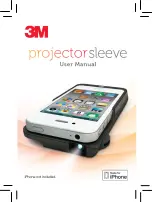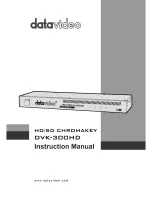
▼
Store collected batteries in a non-conductive container
▼
Store collected batteries in a well-ventilated area. Since some used
batteries may still contain a residual charge, they could be short
circuited, charged or force discharged and thereby evolve hydrogen
gas. If collection containers and storage areas are not properly
ventilated, hydrogen gas can build up and explode in the presence of
an ignition source.
▼
Do not mix collected batteries with other materials. Since some used
batteries may still contain a residual charge, they could be short
circuited, charged or force discharged. The subsequent possible heat
generation can ignite flammable wastes such as oily rags, paper or
wood and can cause a fire.
▼
Consider protecting used battery terminals, particularly those batteries
with high voltage, to preclude short circuits, charging and force
discharging, for instance, by means of covering battery terminals with
insulating tape.
▼
Failure to observe these recommendations may result in leakage, fire,
and/or explosion.
Instructions for use
Always select the correct size and grade of battery most suitable for the
intended use. Information provided with the equipment to assist correct battery
selection should be retained for reference.
Replace all batteries of a set at the same time.
Clean the battery contacts and also those of the equipment prior to battery
installation.
Ensure that the batteries are installed correctly with regard to polarity (+ and –).
Remove batteries from equipment which is not to be used for an extended
period of time.
Remove exhausted batteries promptly.

























